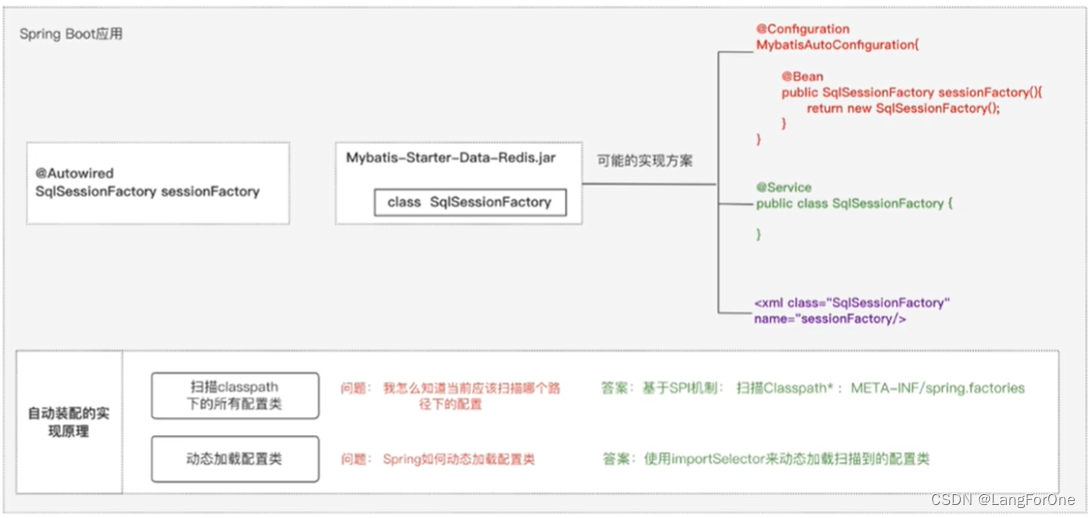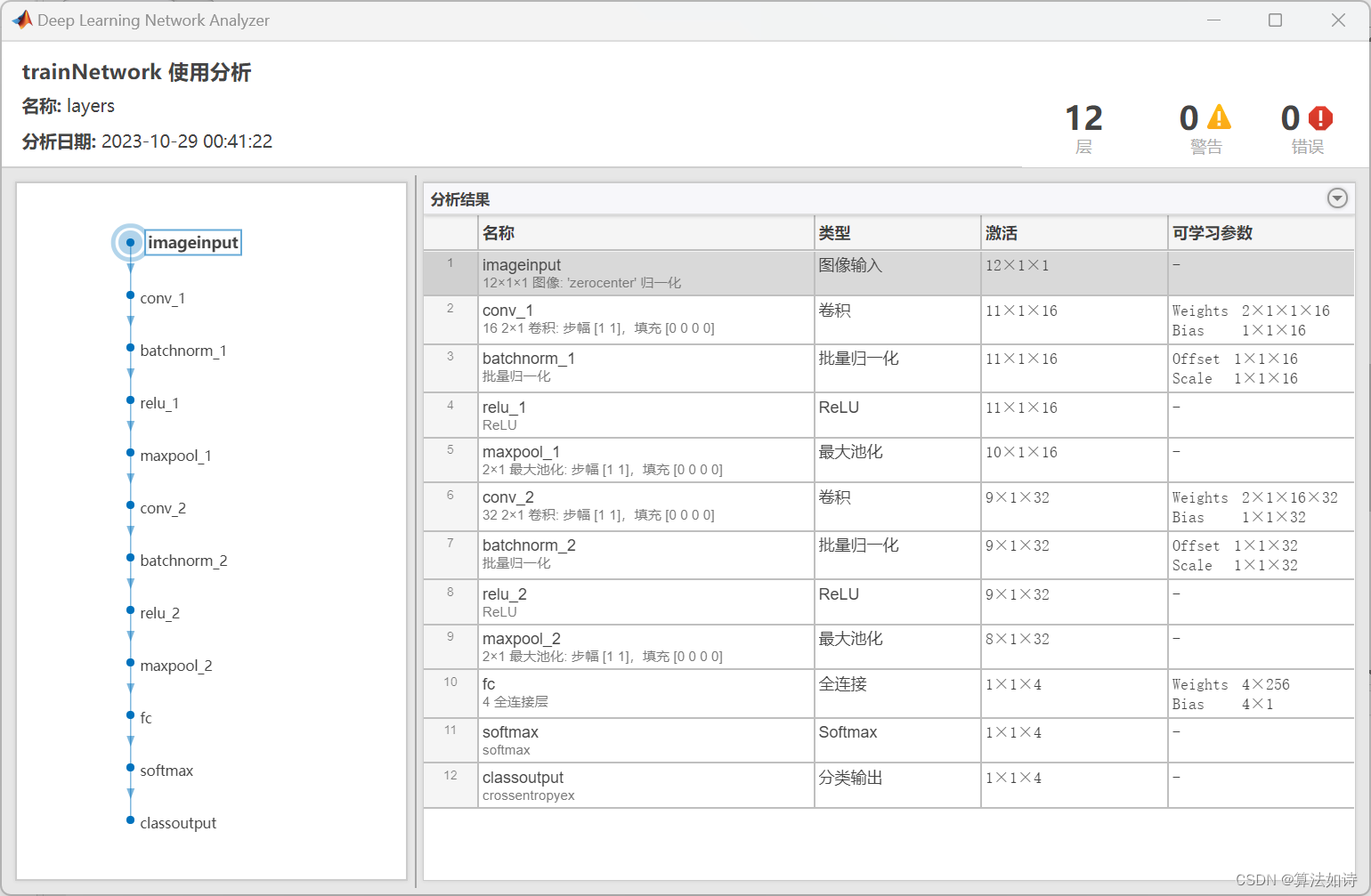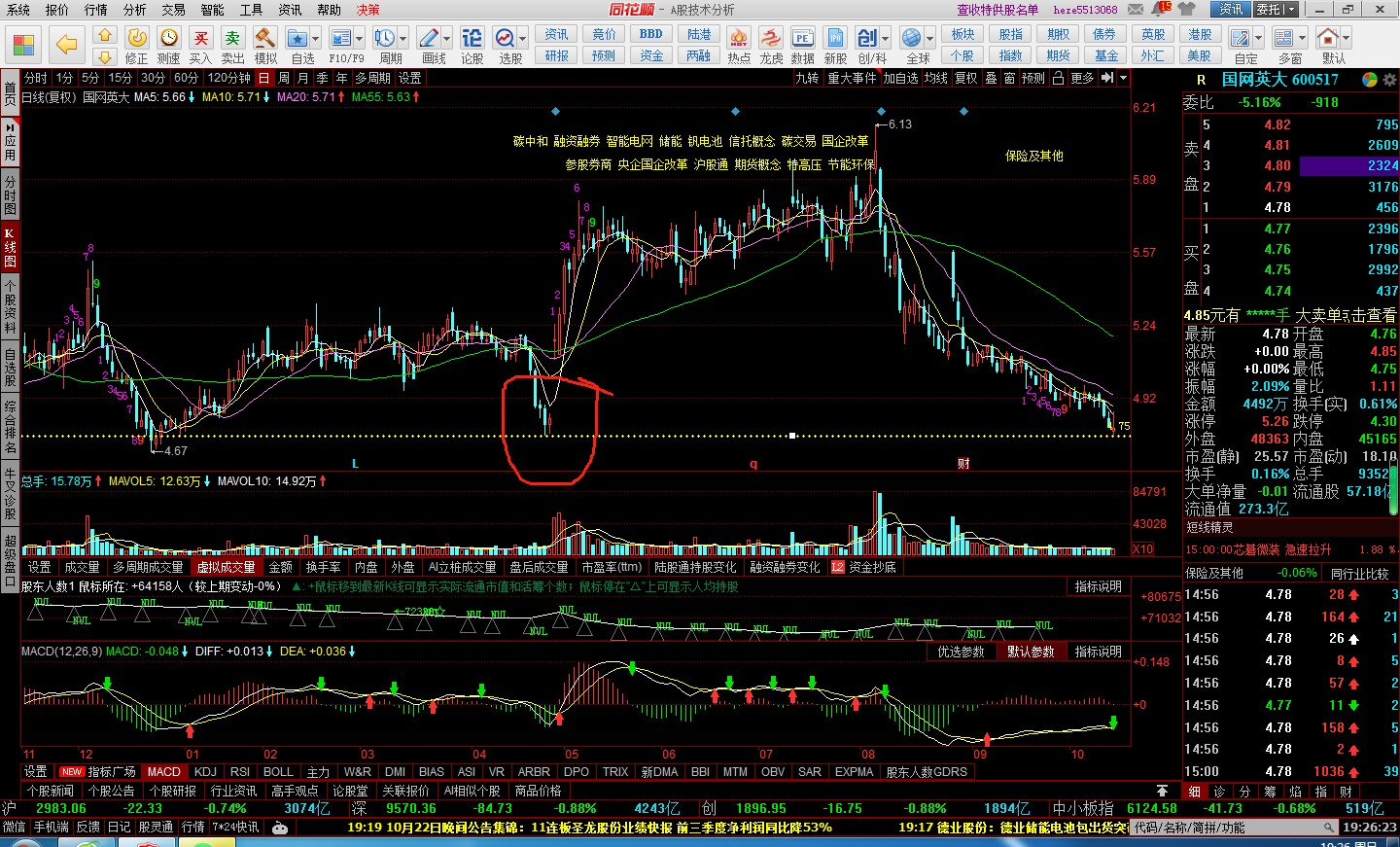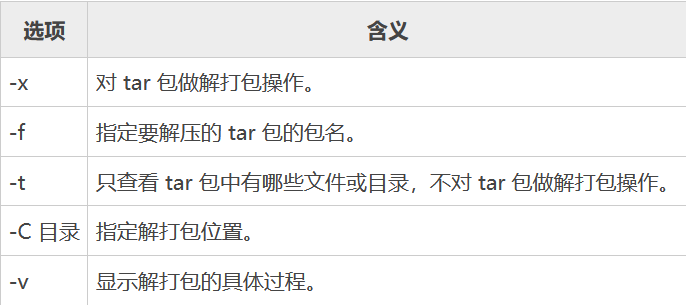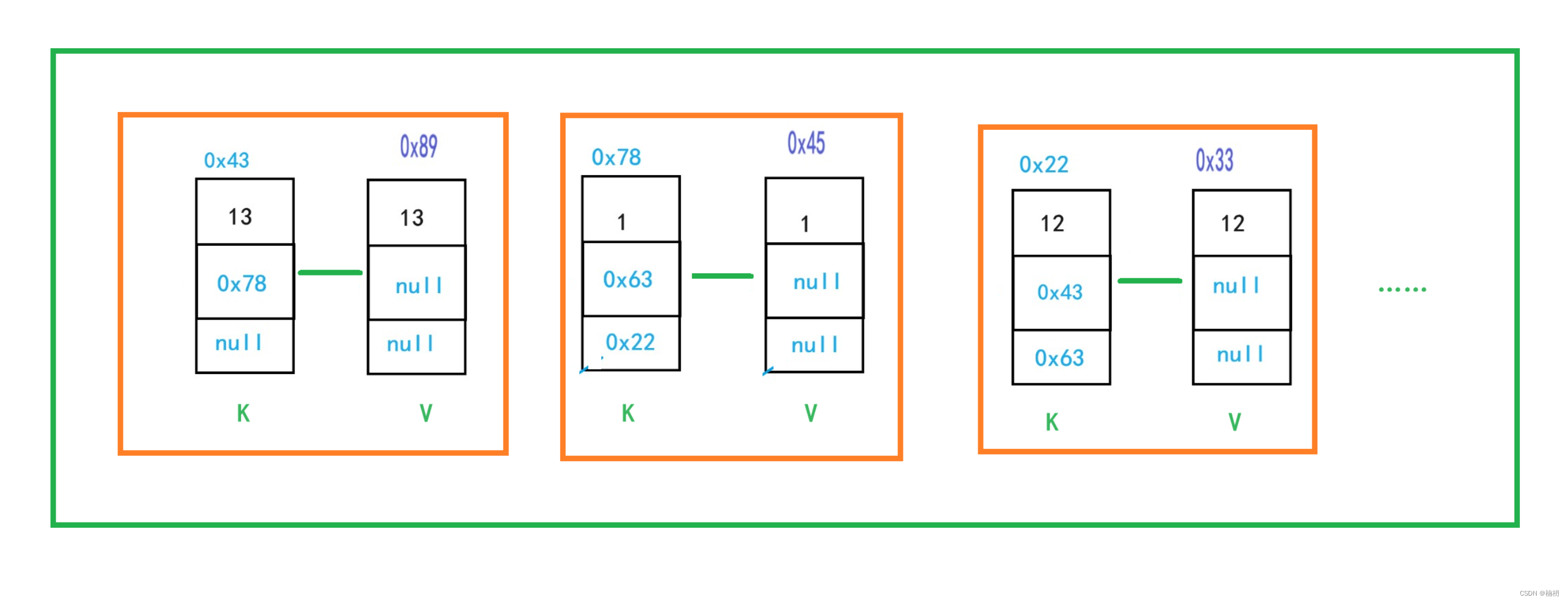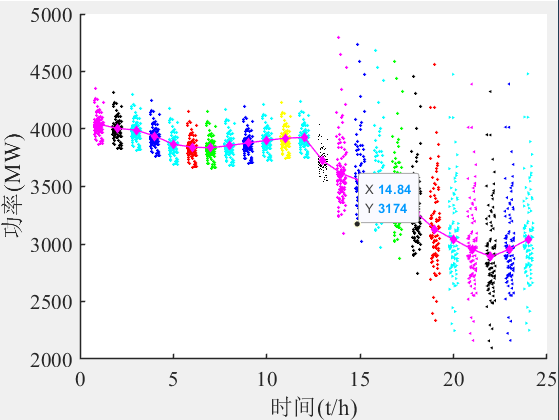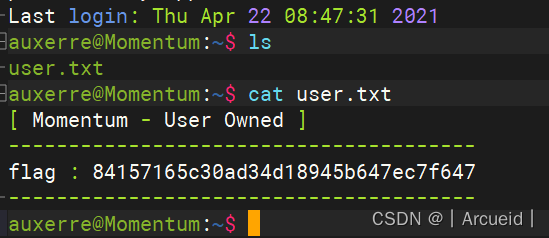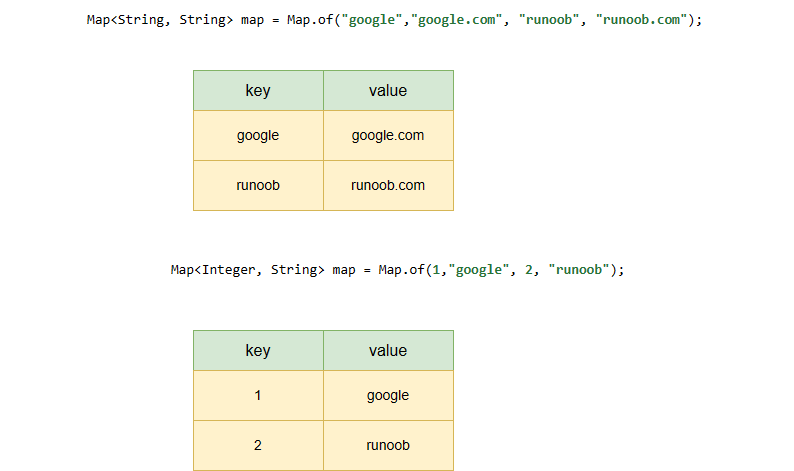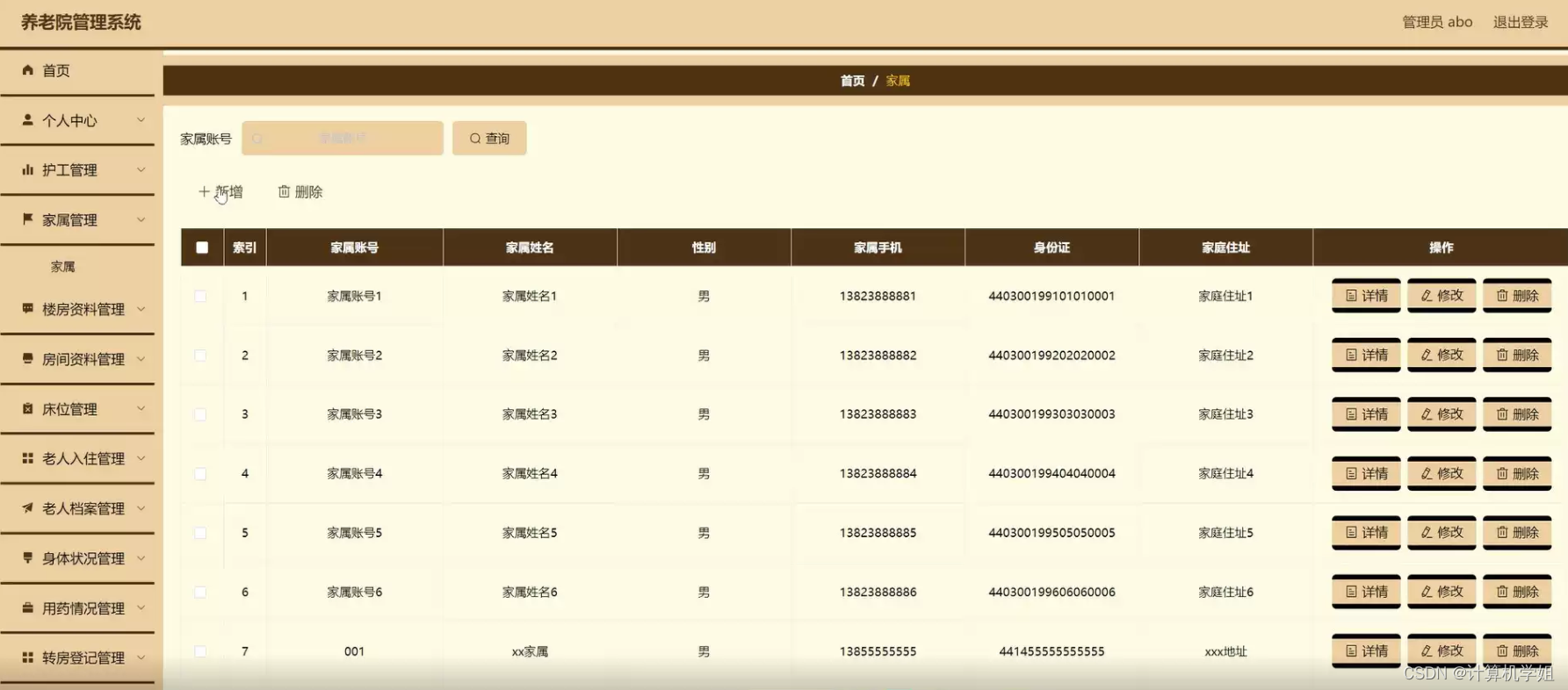最近在学习鸟哥Linux,其中一个章节讲解了Linux shell script使用语法,运行总是错误,源码如下:
#!/bin/bash
read -p "Please input (Y/N): " yn
[ "${yn}" == "Y" -o "${yn}" == "y" ] && echo "OK, continue" && exit 0
[ "${yn}" == "N" -o "${yn}" == "n" ] && echo "Oh, interrupt!" && exit 0
echo "I don't know what your choice is" && exit 0运行报错为:
Please input (Y/N) : n
ans_yn.sh: 5: [: n: unexpected operator
ans_yn.sh: 6: [: n: unexpected operator
I don't know what your choice is使用的Linux发行版为Ubuntu 22.4,根本原因是:
从Ubuntu 6.10开始,默认使用dash(theDebian Almquist Shell)而不是bash(the GNUBourne-Again Shell).
但Login Shell(一开始通过字符界面登入系统,不是通过x window界面打开terminal终端的shell)还是bash. 原因是dash更快、更高效,而且它符合POSIX规范。Ubuntu在启动的时候会运行很多shell脚本,使用dash可以加快启动速度。
而Bash(GNU Bourne-Again Shell)是大多数Linux平台的内定Shell,也是更经典的shell工具。
在上面的写法中,dash中的语法,两个字符串相等为:
s1 = s2 True if the strings s1 and s2 are identical.
s1 != s2 True if the strings s1 and s2 are not identical.
s1 < s2 True if string s1 comes before s2 based on the ASCII value of their
characters.
s1 > s2 True if string s1 comes after s2 based on the ASCII value of their
characters.因此我们写的shell中使用了“==”判断两个字符串是否相等,故不符
查询一下,sh命令最终指向:

解决办法就是将dash替换为bash
sudo dpkg-reconfigure dash执行命令会产生一个界面,英文大概意思为:是否使用dash作为默认的系统shell工具,我们选择“No”
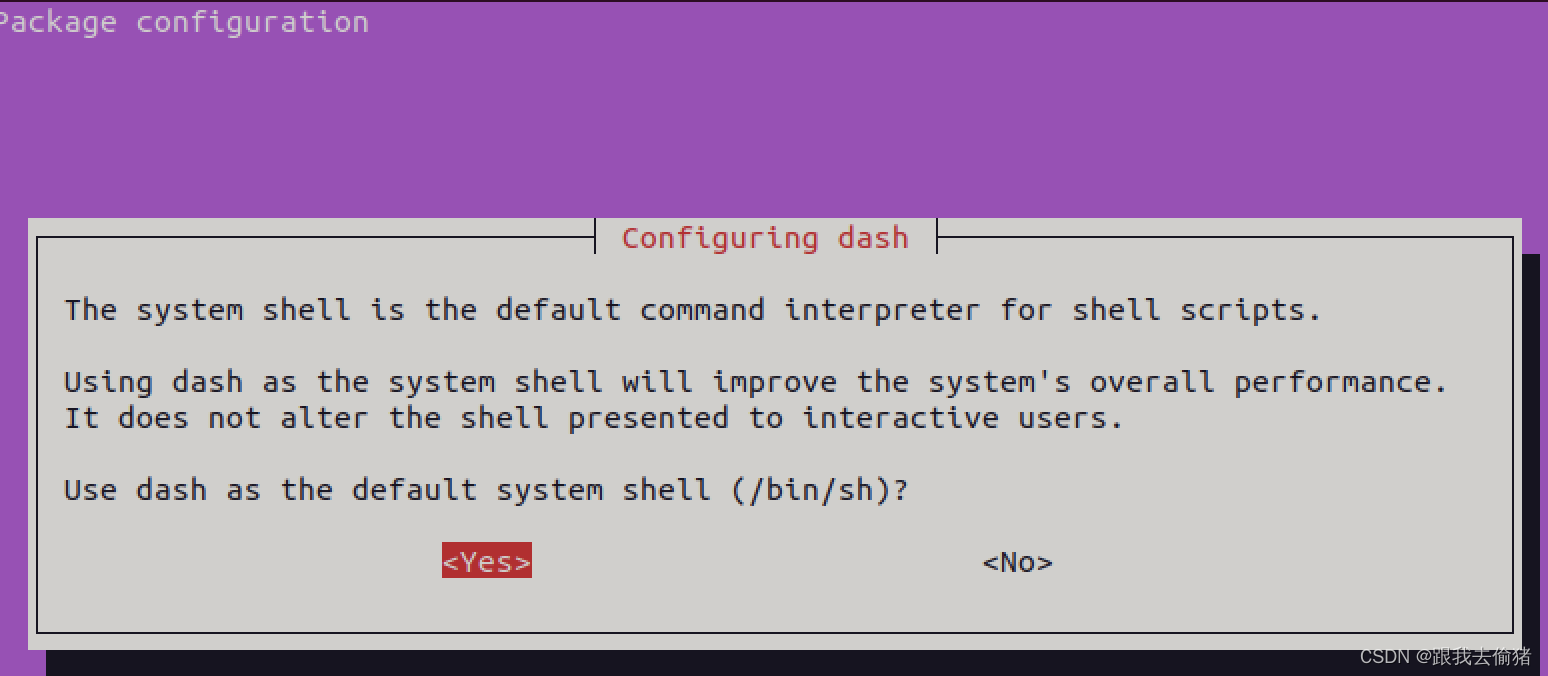 执行完,再执行命令:ll /bin/sh,发现已经替换为bash了
执行完,再执行命令:ll /bin/sh,发现已经替换为bash了

